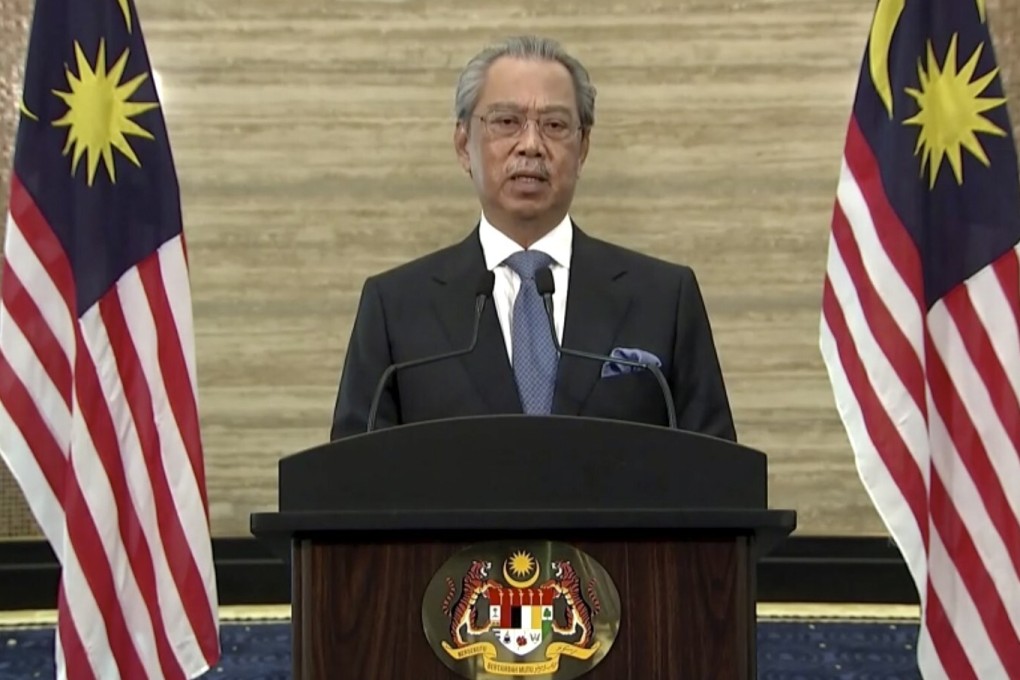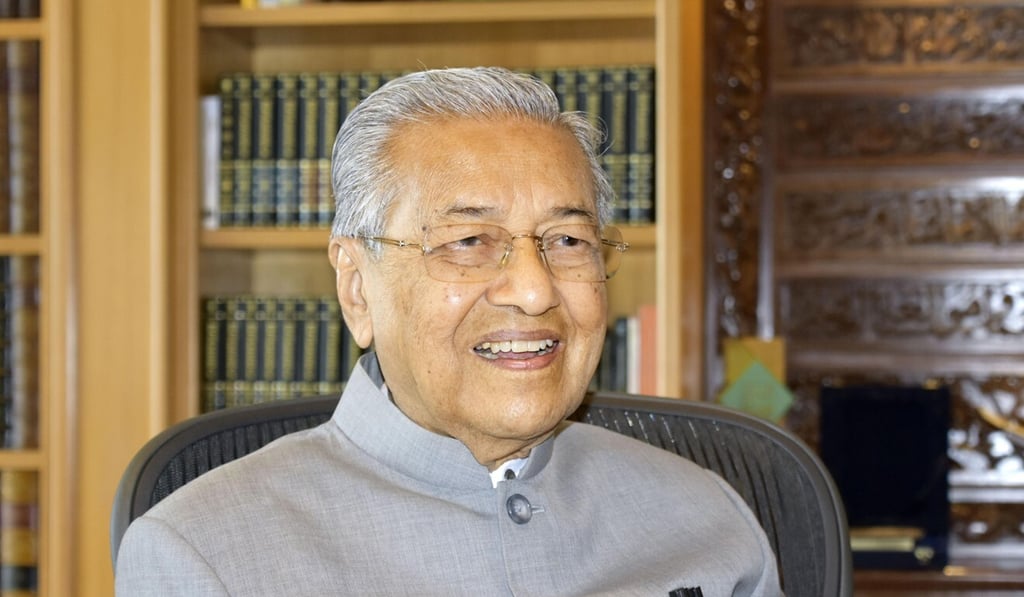Advertisement
Opinion | Why Muhyiddin’s government and Malaysia’s fragile status quo won’t last much longer
- Malaysia’s shifting alliances, past betrayals and future electoral prospects make for a complex and unstable situation
- The February coup may have been propelled by Muhyiddin’s ambition but racially tinged divisions played a part and could determine what comes next
Reading Time:5 minutes
Why you can trust SCMP
0

A sense of mounting uncertainty surrounds Malaysian politics. Since Prime Minister Muhyiddin Yassin came to power in February, replacing Mahathir Mohamad after a period of deal-making, he has spent six months walking a political tightrope. It has now become increasingly clear that his Perikatan Nasional (PN) coalition is inherently unsustainable.
The divisions and shifting alliances that define Malaysian politics were on full display during the Sabah state election held last month. Just as they brought Muhyiddin to office, they may yet lead to the collapse of his government. It seems inevitable that something will give way, and October may be the month of reckoning. A snap general election within weeks cannot be ruled out, although a recent spike in coronavirus cases may keep the feuding parties at bay.
February’s “Sheraton coup” was triggered by the failure of Mahathir and his supposed successor Anwar Ibrahim to co-govern. Other contributing factors included Anwar’s split with Azmin Ali, a protégé within the People’s Justice Party (PKR) who left the party and took factional supporters with him after being undermined last year by a viral video purportedly showing him in a sex act with another man. Mahathir and Muhyiddin also fell out over the position of chief minister in Johor.
These splits paved the way for the unravelling of Mahathir’s Pakatan Harapan (PH) coalition, less than two years after its historic victory in the 2018 elections, which allowed Mahathir to return for a second term as prime minister, ousting the scandal-plagued government led by Najib Razak.

As much as the February coup was propelled by Muhyiddin’s ambition, racially tinged divisions also played a part, and could again determine the shape of any future government.
Advertisement
Select Voice
Choose your listening speed
Get through articles 2-3x faster
1.1x
220 WPM
Slow
Normal
Fast
1.1x
